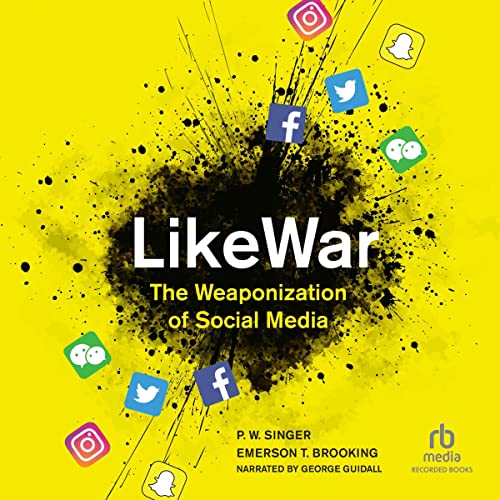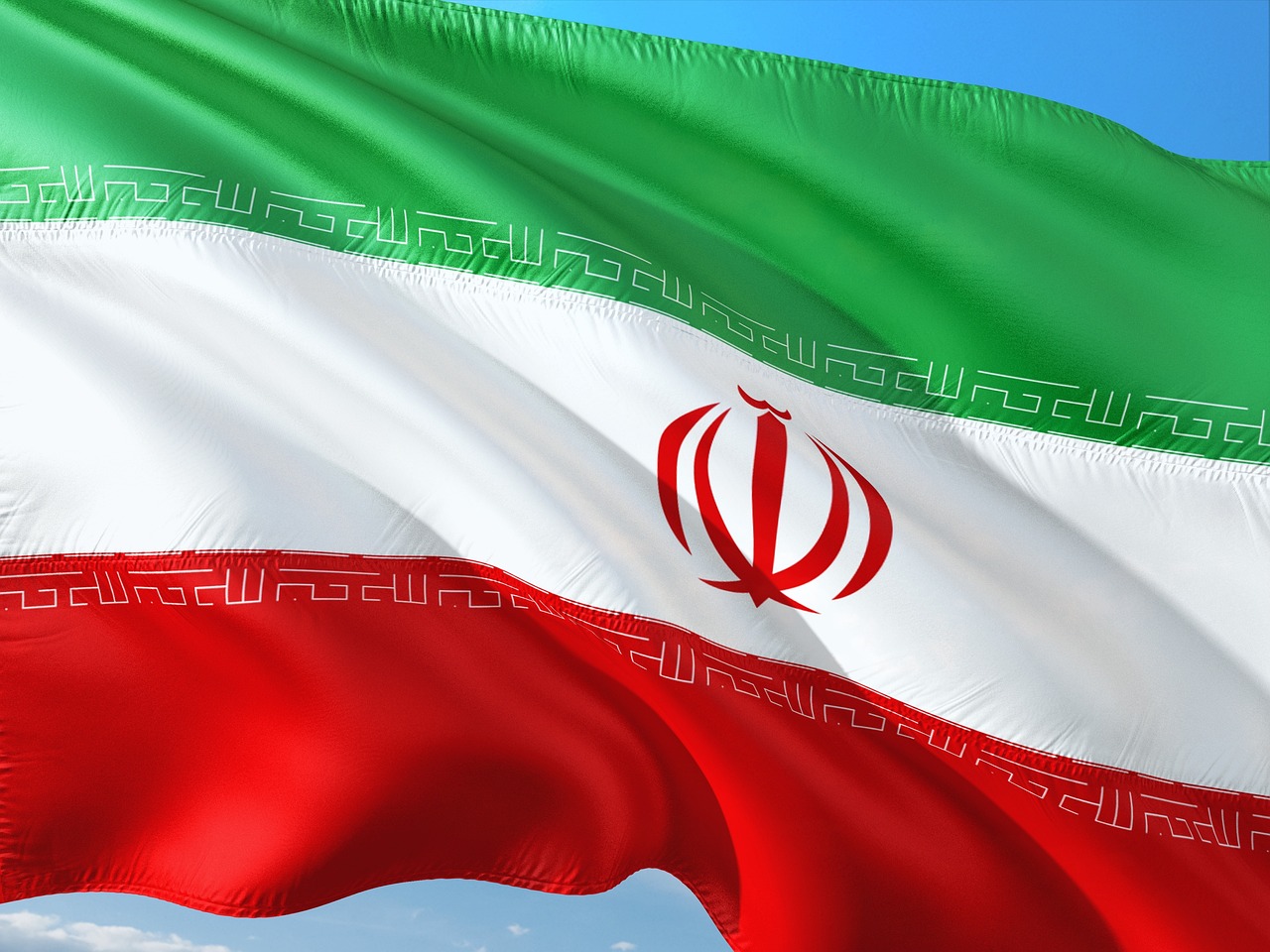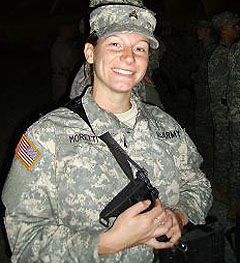In “Likewar: The Weaponization of Social Media,” P.W. Singer and Emerson T. Brooking embark on an eye-opening journey through the digital battlegrounds of the 21st century. This timely and compelling book provides a comprehensive examination of how social media has become a weapon of mass disruption, fundamentally changing the landscape of modern conflict.
The authors skillfully guide readers through the evolution of social media, from its utopian beginnings to its current status as a powerful tool for propaganda, disinformation, and manipulation. They argue convincingly that the battlefield has shifted from traditional theaters of war to the virtual spaces of the internet, where the combatants are not just state actors but also individuals, hacktivists, and trolls.
One of the strengths of “Likewar” is its meticulous research and analysis. Singer and Brooking draw upon a wealth of historical examples and contemporary case studies to illustrate their points. They delve into the Arab Spring, the rise of ISIS, the 2016 U.S. presidential election, and many other incidents, providing a deep understanding of how social media has been exploited for both political and military gain. The book is packed with insights that will leave readers questioning the narratives they encounter online.
Moreover, the authors tackle the ethical dilemmas and challenges that arise in the age of digital warfare. They address the tension between free speech and censorship, privacy concerns, and the role of social media platforms in curbing the spread of harmful content. These discussions are particularly relevant in today’s world, where debates about online misinformation and the responsibilities of tech giants continue to rage.
While “Likewar” is undeniably informative and thought-provoking, it is told from an American standpoint and some readers may desire a more global perspective on the weaponization of social media.
In conclusion, “Likewar: The Weaponization of Social Media” is a vital book that sheds light on one of the most pressing issues of our time. Singer and Brooking offer a sobering look at the dark side of the digital age and its impact on politics, society, and conflict. It serves as a wake-up call for readers to become more discerning consumers of information in an era where truth and manipulation often blur. While it can be dense at times, its message is both urgent and essential for anyone seeking to understand the complexities of contemporary warfare and the role of social media within it.







